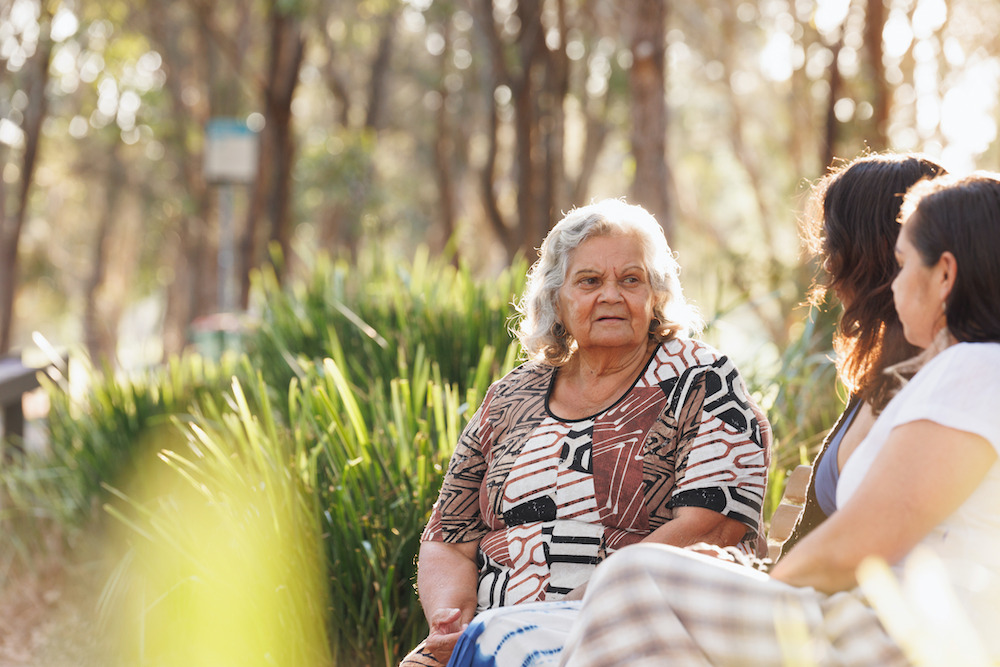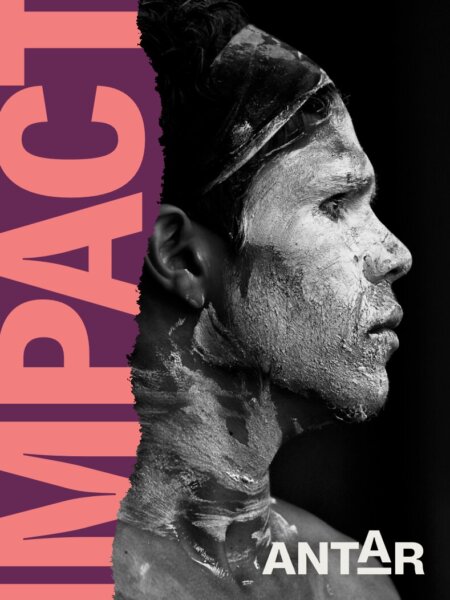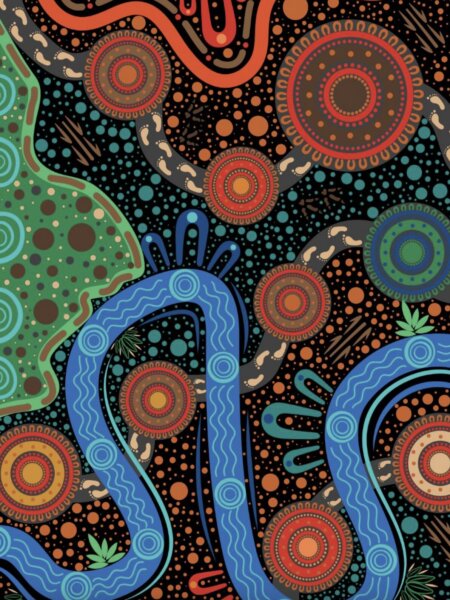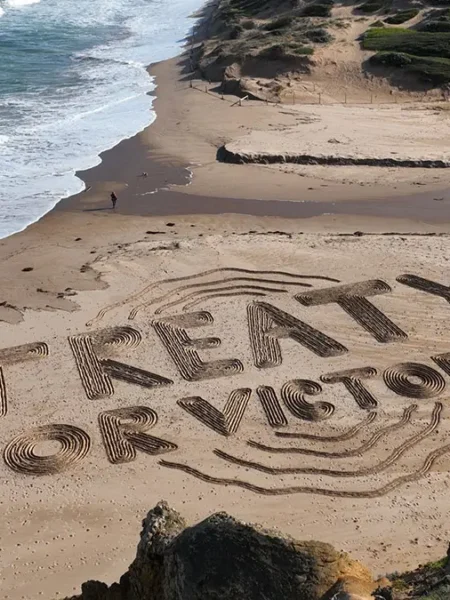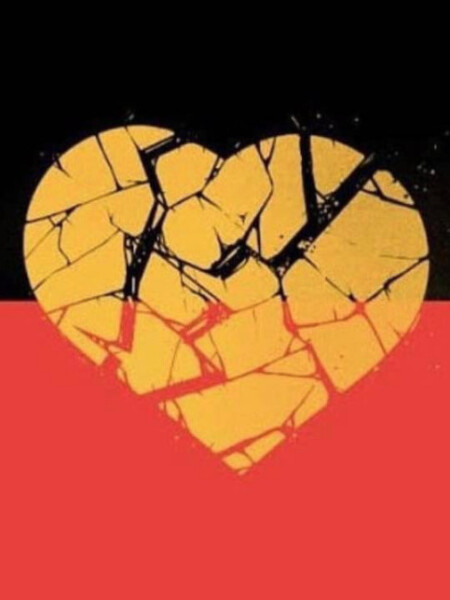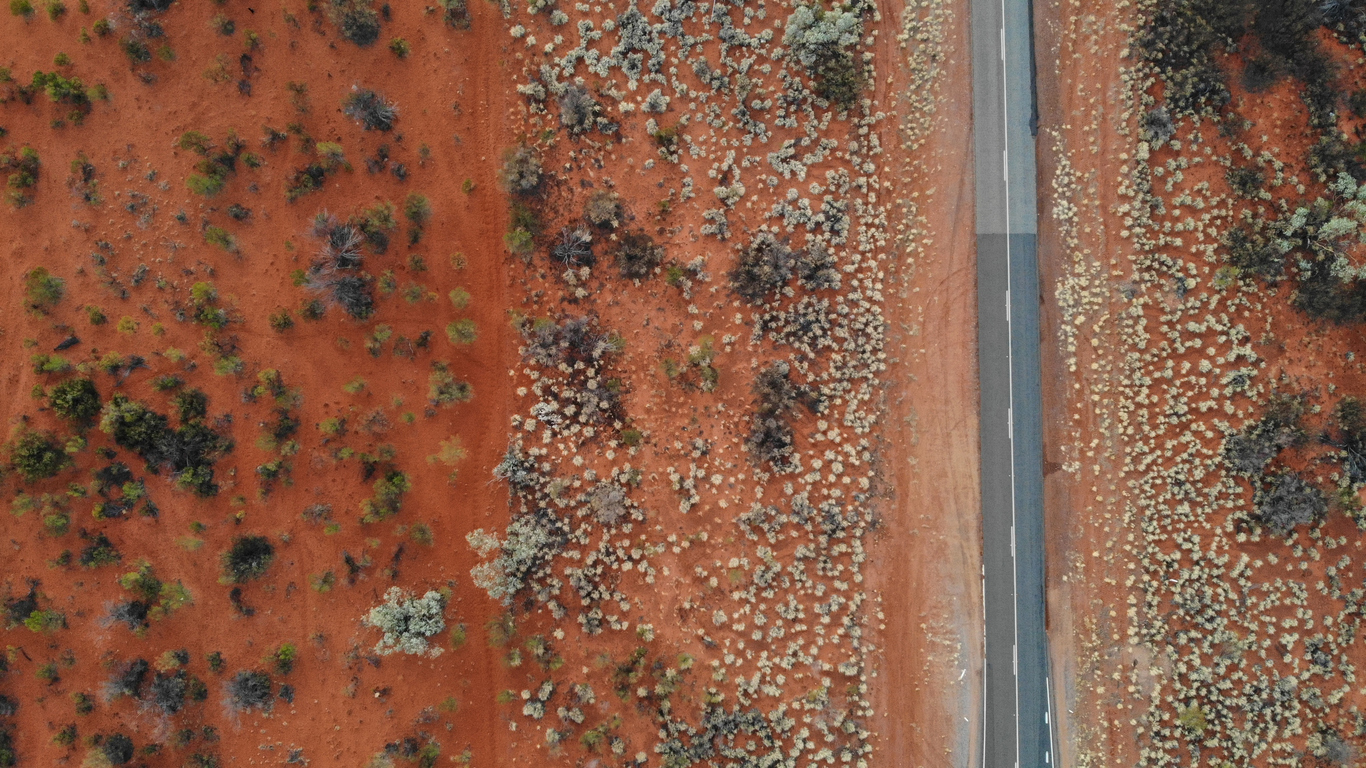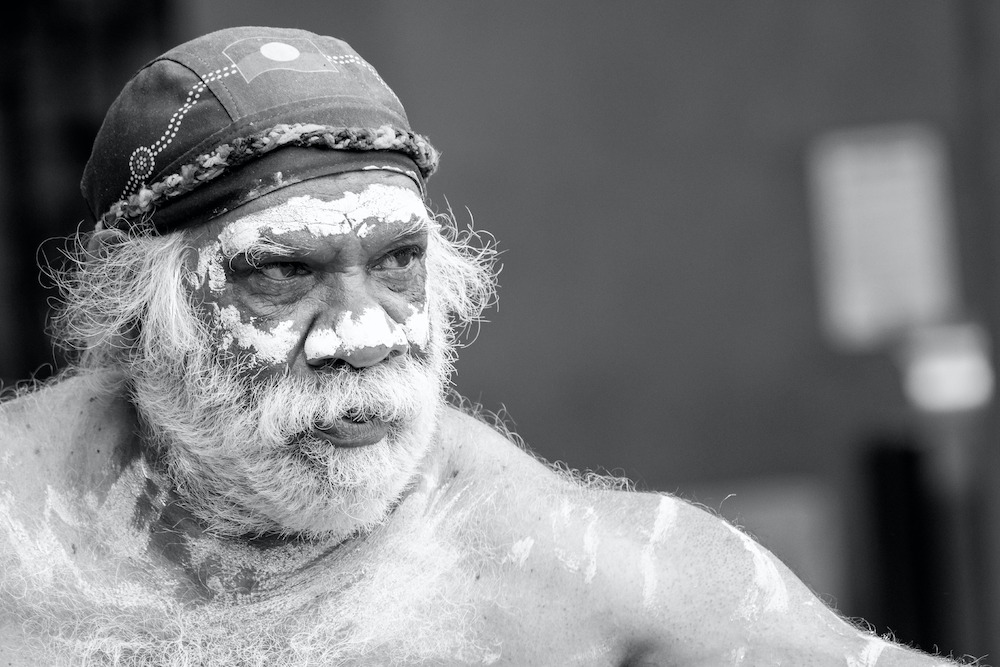Truth-telling processes have traditionally been used globally as transitional justice mechanisms in post-conflict and colonised countries to ‘reconcile’ the relationship between survivors of State-sponsored violence, the State, and wider public as well as to facilitate a shared understanding that might promote healing between parties.
Truth-telling works by introducing survivors’ experiences of violence and injustice into the larger societal consciousness. In doing so, it is thought that the groups and structures which carried out the violence or oppression can be held accountable, or in the case of ongoing harm, that they might be challenged to make substantive changes to their practices.
This process of bringing the truth to light also asks the wider public to confront and rethink the narratives they have accepted, and to reconsider the foundations of the places and societies in which they live, as well as their relationships to other people. In other words, hearing the stories of those who have suffered at the hands of state-sponsored oppression or the widespread denial of human rights can fundamentally change something in the minds and hearts of the people listening.
What is ‘truth’?
It is important to understand that while the concept of ‘truth’ is central to the processes of truth-telling, it is not necessarily a forensic or singular truth. Instead, it can be understood as a social truth about collective oppression – a reckoning of sorts – that is made up of an array of personal and experiential truths that were previously hidden or silenced.
In a similar way, the goals of truth-telling are not the same in all contexts, and vary widely depending on the history and places in which they take place. Truth-telling should not necessarily be understood as a peaceful process that will, once completed, automatically lead to justice, social unity or the restoration of broken relationships. It can – and many would argue should – also be a deeply unsettling process, designed to challenge, dismantle or destabilise oppressive structures.
Research on truth-telling in Australia shows that in order to be effective, truth-telling processes must focus on integrity and constructive engagement as opposed to specific outcomes, and must embrace localised and creative approaches as opposed to a single, rigid model. In other words, there is no ‘one size fits all’ truth-telling model.
Truth-telling models and transitional justice
There are many different ways to implement truth-telling processes. Truth and Reconciliation Commissions (TRCs) are the most common format for formal national processes and involve collecting survivors’ testimonies and experiences of systemic injustices, which have commonly been suppressed by state-based violence for generations. Perpetrators or witnesses of injustices may also testify.
Truth-telling processes can occur at a local, State, national and international level. They can be State-led and top down, or place-based and community driven (more on this later). They can include:
- official apologies
- memorials
- public art
- storytelling
- massacre-maps
- reclaiming or renaming of places and landscapes
Traditionally, TRCs have been implemented as transitional justice mechanisms – that is, as State or nation-building projects in newly democratic States transitioning from authoritative rule or violent dictatorship that have often involved widespread human rights violations. In these settings, the structural harms are limited to a brief timeframe.
More recently, truth-telling processes have also been established as a way to restructure relationships and develop shared understandings between First Nations and non-Indigenous members of colonised societies – seen in South Africa, Canada and most recently, Australia.
Truth: limitations and risks
We know that truth-telling processes have traditionally been used as mechanisms of transitional justice during regime change. But what is the role of truth commissions in the settler colonial context where there is no break or rupture in the State, no distinct regime shift, and no agreement on what transition or transformation might entail?
There are, broadly speaking, two major risks to be aware of:
i) Truth and settler colonialism in the ‘past’
In many cases, settler State-led truth-telling projects concerning First Nations peoples risk being appropriated to formulate narratives of reconciliation that ignore the ongoing structures of settler colonialism. Yellowknives Dene scholar Glen Coulthard and Mohawk scholar Audra Simpson caution that in settler colonial societies like Australia and Canada, State-led transitional justice initiatives can seek to constitute narratives that establish a false temporal break from the ‘past’. In this way, truth-telling dialogue is limited to a narrow window of historical injustice and can be controlled on the State’s terms.
In other words, State-led truth-telling in a settler colonial context runs the risk of being seen as a mechanism by which injured parties can let go of grievances so that ‘we’ can move towards a more equitable and reconciled future. Rather than exposed as the ongoing project that it is, settler colonialism is treated as a sad chapter in our history – something that happened ‘back then’. In this sense, the settler narrative marks the truth-telling exercise as the beginning of a new chapter and deploys reconciliation as a pacifying discourse that ignores the ways in which settler coloniality is structural and ongoing. We’ve told the truth about the past, and now we can move on.
ii. A politics of ‘grief’
A second risk to State-based truth-telling mechanisms is that they unfairly place the burden of truth on First Nations Peoples, asking them to revisit traumatic histories in order to overcome debilitating anger and resentment so that they might ‘heal’ and ‘forgive’. This asks that First Nations Peoples engage in a performance of victimhood in order to secure recognition from the settler colonial audience, perpetuating a ‘politics of grief’ that ultimately confirms the moral authority of the settler State without demanding that it dismantle and fundamentally transform its unjust structures.
With this in mind, national and State-level truth-telling processes in settler colonial Australia must proceed with a deep awareness of the need to move beyond performative actions and toward lasting and substantive redress and structural transformations. They must also recognise that First Nations communities in Australia currently carry a large share of the responsibility for truth-telling and educating the next generation about the experience of Aboriginal and Torres Strait Islander communities. This is not their work alone.
It is time we share this responsibility toward truth. Truth-telling in Australia should be understood as a collective social responsibility in which non-Indigenous Australians are crucial participants.
